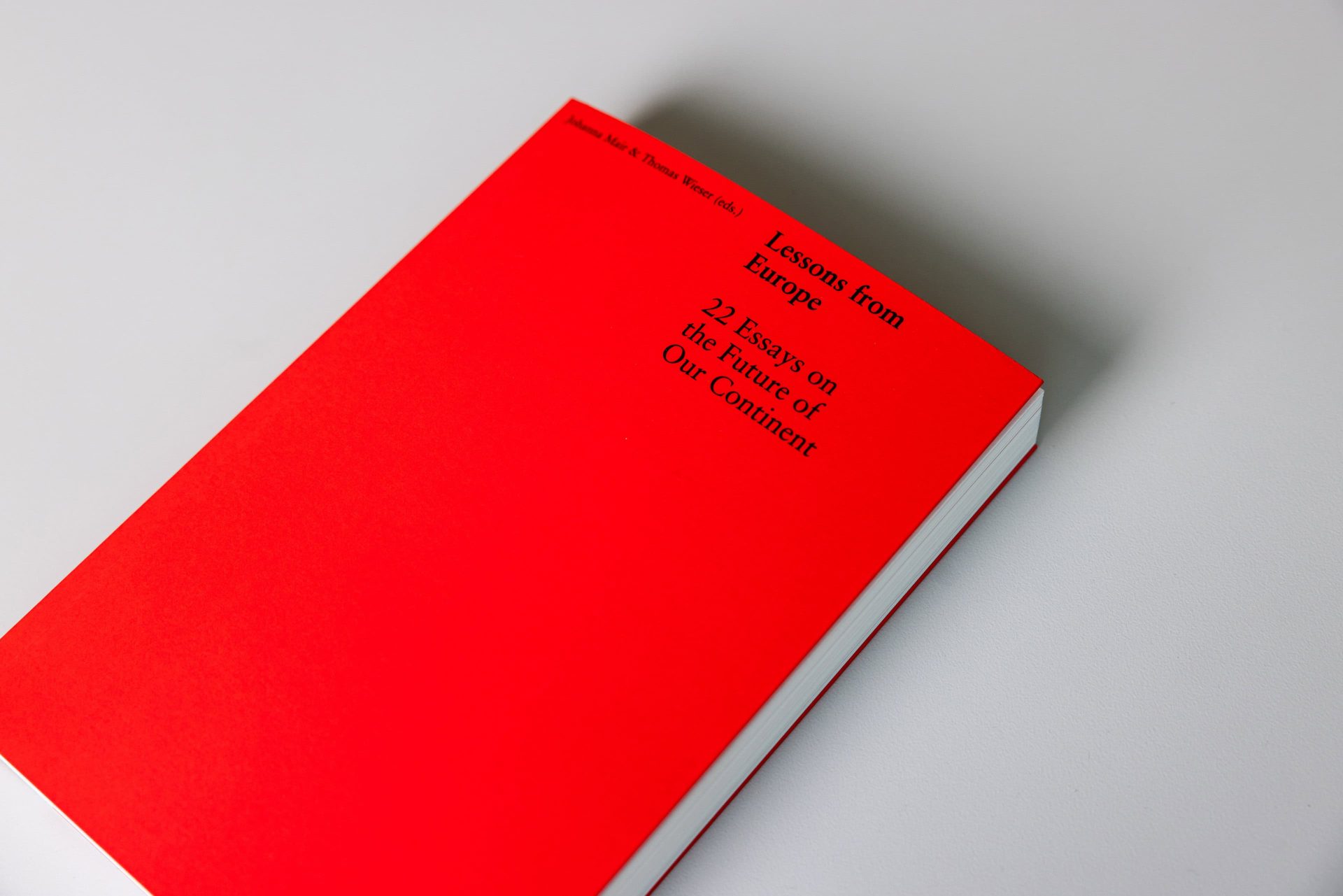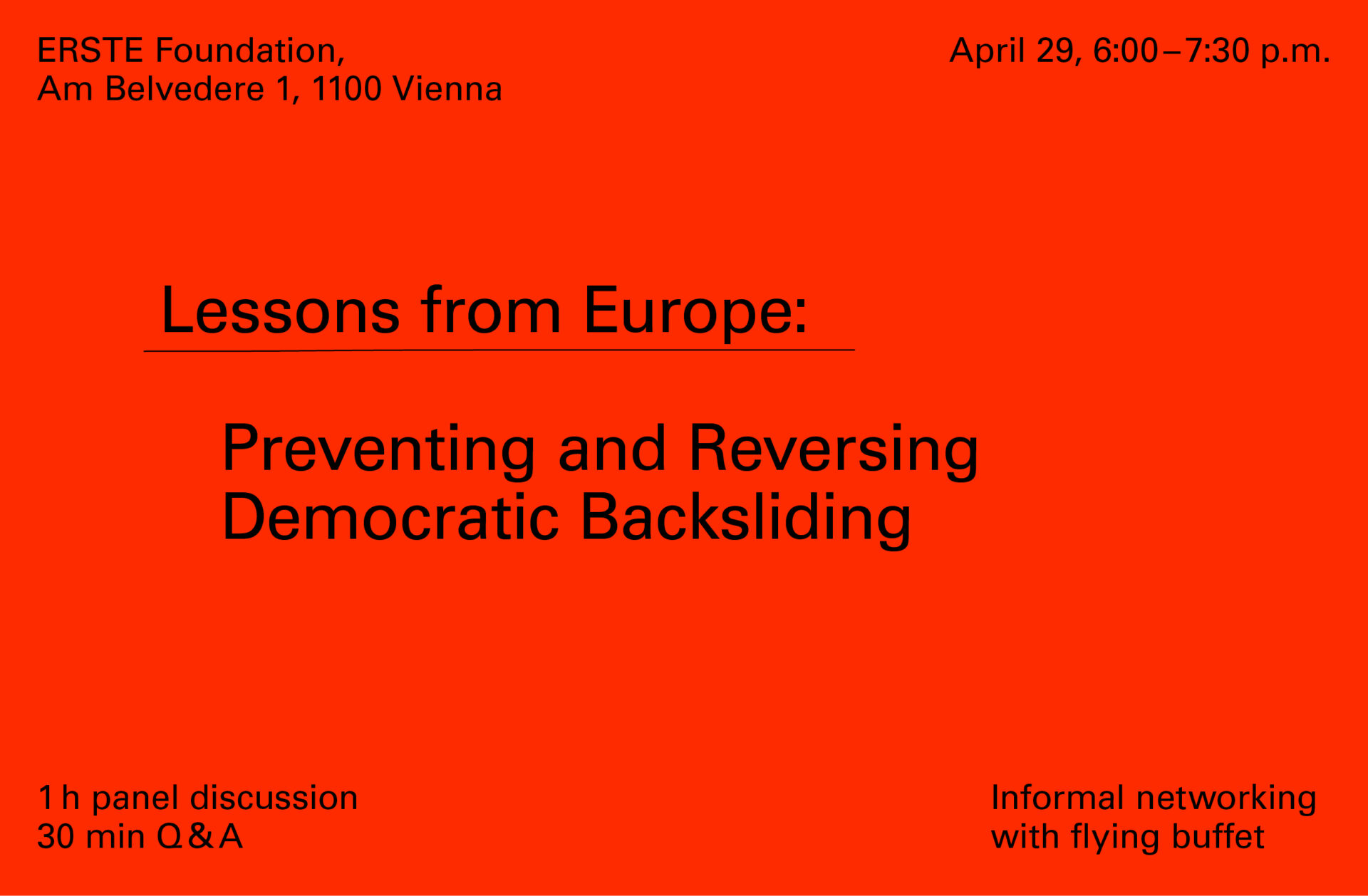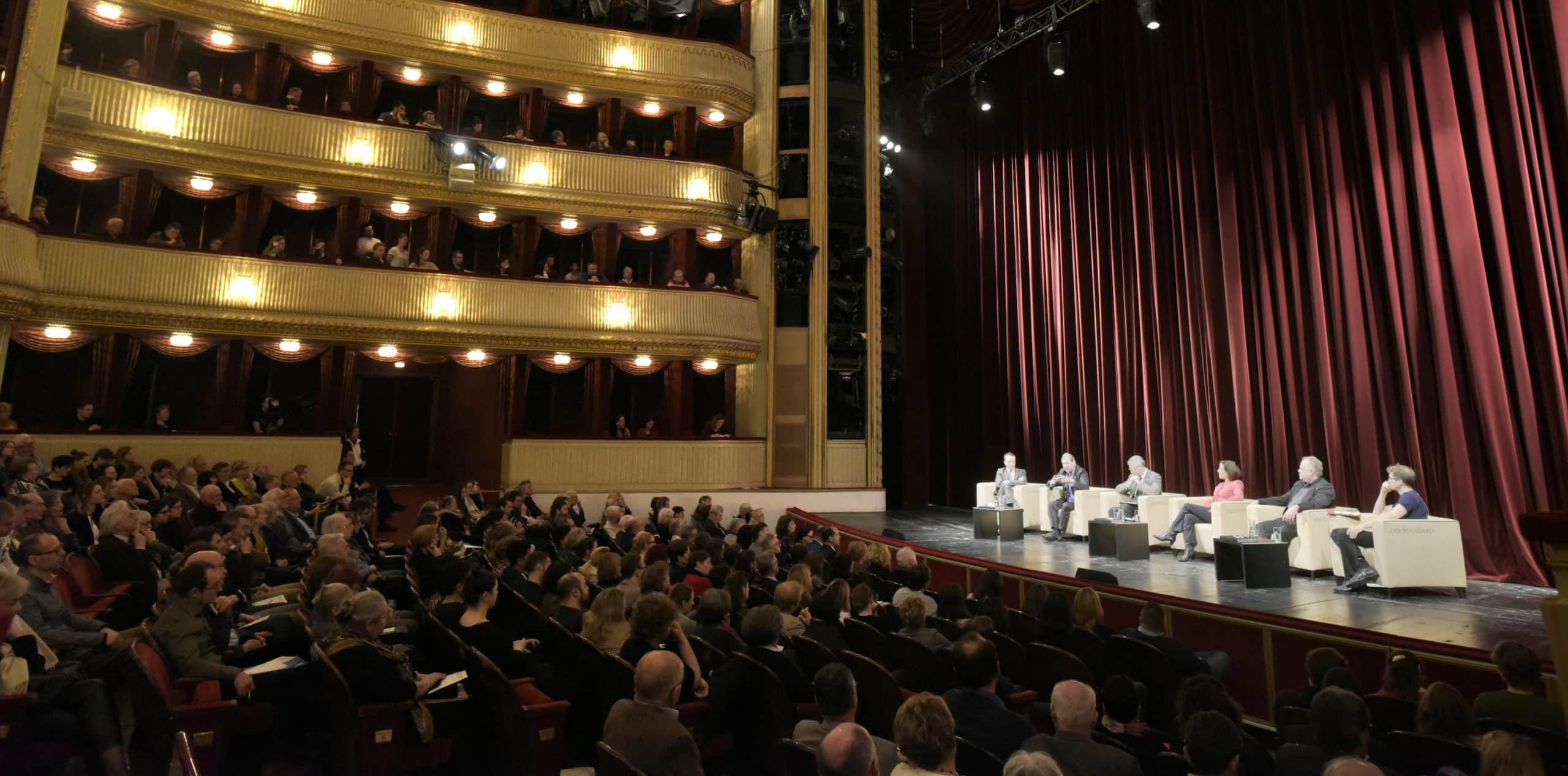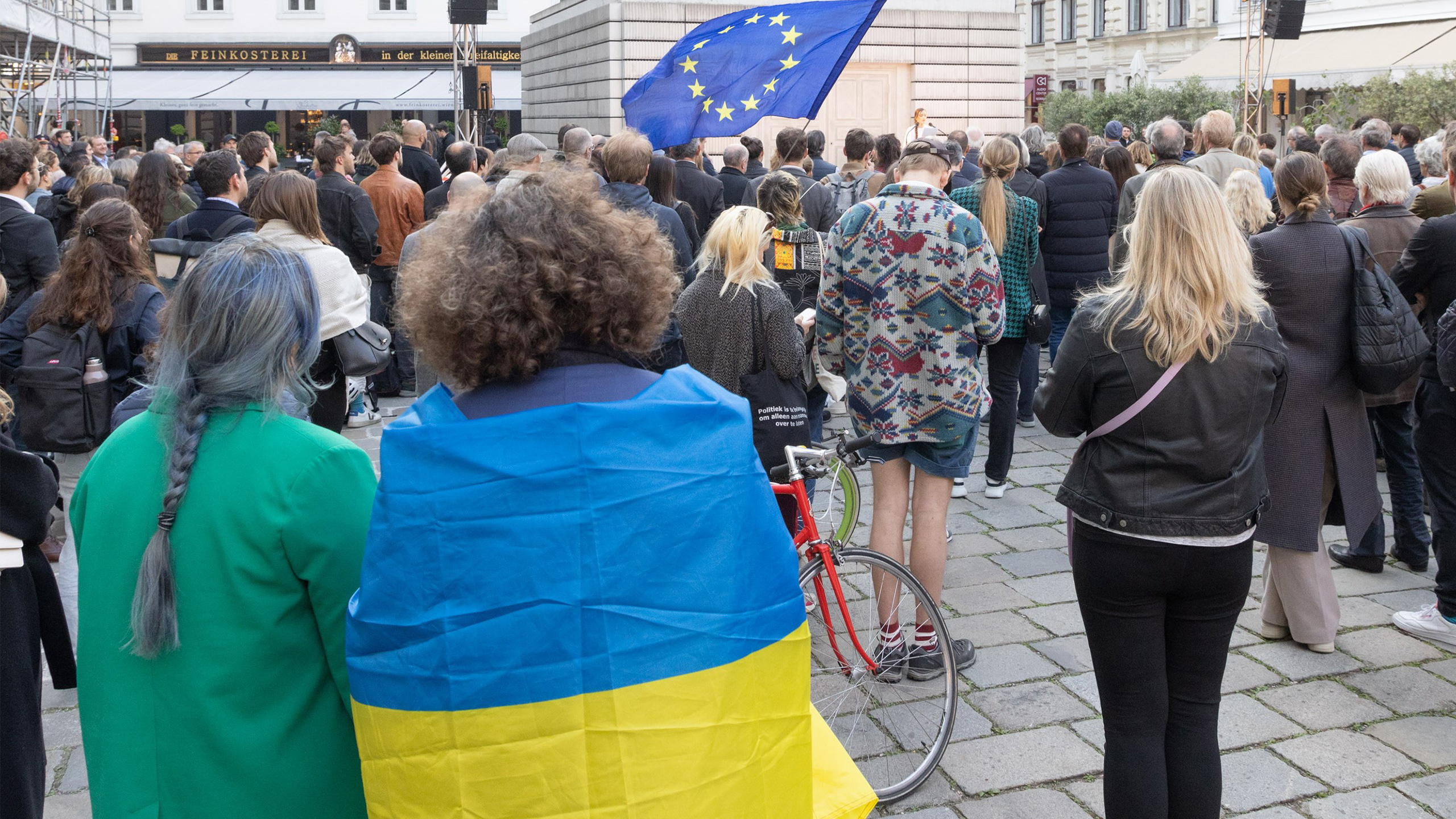Event
April 29, 2025
Reading Time: 3'

»Lessons from Europe«: Preventing and Reversing Democratic Backsliding
April 29, 2025
ERSTE Foundation, 1100 Vienna
Over the last decade we have seen the rise of populist parties across Europe and the United States. In some countries they are already leading the government. In Austria, too, the populist Freedom Party was close to appointing the Chancellor. Amid these developments, it is worth taking a closer look at Central and Eastern Europe where populist parties are or have been in power for quite some time.
Viktor Orbán has ruled Hungary since 2010 and turned the country into an ›illiberal‹ state. Robert Fico is leading neighbouring Slovakia into the same direction. However, both leaders are facing increasing headwinds from new challengers and public protests. Poland and the Czech Republic have already shown that populist incumbents can be defeated, but both are holding elections this year that will show how lasting this change will be. Romania will also soon face a landmark decision when presidential elections are held again on 4 May, after they were previously annulled due to alleged Russian interference.

We want to take a deeper look at developments in Central and Eastern Europe and learn from different experiences. Which strategies against populism have worked and which haven’t? What are the signs for and steps of democratic backsliding and what are the challenges of re-democratisation after populist rule? And how will the actions of the new US administration affect the dynamics in the region?
SPEAKERS
Karolina Wigura
is a historian of ideas, a sociologist, and a journalist. She is member of the board of the Kultura Liberalna Foundation in Warsaw, and a senior fellow of the Center for Liberal Modernity in Berlin. Her research focuses on the political philosophy of the 20th century and emotions in politics, as well as sociology and ethics of memory, particularly transitional justice, historical guilt, and reconciliation.
Oana Popescu-Zamfir
is the director and founder of the GlobalFocus Center, one of the most prominent foreign policy and security think tanks in Romania and an associate researcher with the European Council on Foreign Relations. She also directs the Democratic Resilience Index project, the first instrument to assess democratic resilience in a given country, which allows for cross-country comparison and monitoring.
Zsuzsanna Szelényi
is foreign policy specialist, former politician and founding director of the CEU Democracy Institute Leadership Academy. She is also the author of Tainted Democracy: Viktor Orbán and the Subversion of Hungary (2022), and a nonresident senior fellow with the Center for European Policy Analysis Democratic Resilience Program.
All three speakers are alumni of the Europe’s Futures programme, a joint initiative of ERSTE Foundation and the Institute for Human Sciences (IWM) dedicated to the cultivation of knowledge and the generation of ideas addressing pivotal challenges confronting Europe and the EU.
Martina Bachler, Moderation
Press Officer of the Boards, ERSTE Foundation
REGISTRATION
If you are interested to join us at this panel discussion on 29 April, register please here
The event will be held in English.
The event is part of a series of discussions following the publication of the book »Lessons from Europe« with the aim of promoting mutual understanding between Eastern and Western Europe.
Header Image: Book cover Lessons from Europe © Thomas Steinlechner



